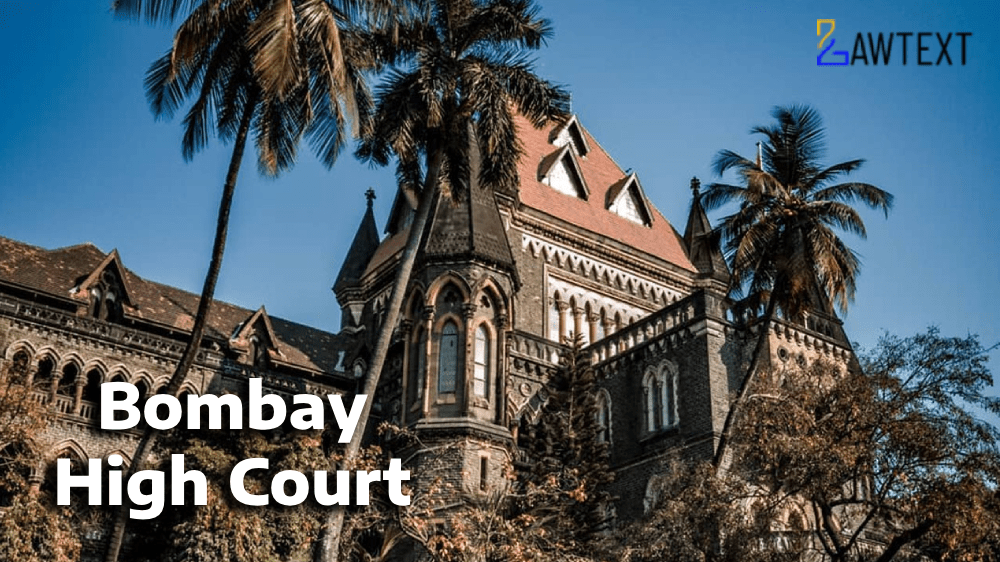

The Bombay High Court ruled that the Respondent was entitled to a deemed registration under the Income Tax Act (Section 12AA) due to the failure of the Commissioner of Income Tax (CIT) to decide within the mandated six months. This decision sets a precedent on how delays in tax authority decisions affect non-profit organizations seeking tax exemptions.
This appeal, under Section 260 of the Income Tax Act, 1961, was filed by the Commissioner of Income Tax-IV, Pune. The respondent, Dr. Kasliwal Medical Care & Research Foundation, Solapur, appealed against the CIT's decision refusing registration under Section 12AA of the Act. The primary legal question was whether the Tribunal's ruling that registration would be deemed granted due to the CIT’s delay was justified under the law.
The respondent, a public trust running a pediatric hospital, filed for registration under Section 12A on February 6, 2006. The CIT-IV, Pune, rejected the application on September 15, 2006—beyond the six-month period provided by Section 12AA(2). The Income Tax Appellate Tribunal overturned the CIT’s decision, citing that failure to decide within six months results in deemed registration.
The Tribunal referenced a precedent in Bhagwad Swarup Shri Devraha Baba Memorial Trust, ruling that if the CIT does not decide within six months, registration must be deemed granted. As the rejection happened after the prescribed period, the Tribunal quashed the CIT's decision and directed registration to be granted effective from April 1, 2005.
The Revenue, represented by Mr. A.K. Saxena, argued that Section 12AA(2) does not explicitly provide for a deeming provision and that the Tribunal's interpretation imposed a legal fiction unsupported by the statute. They cited the Allahabad High Court’s decision in Muzafar Nagar Development Authority to argue against the deeming provision.
The respondent, represented by Mr. Mundhra, countered by citing Supreme Court decisions that supported deemed registration. The respondent’s argument was that once six months lapsed without a decision, registration must be presumed, relying on earlier rulings from the Supreme Court in Commissioner of Income Tax, Kanpur vs. Society for Promotion of Education.
The Court upheld the Tribunal's decision, confirming that deemed registration applies when the CIT fails to act within the statutory time limit. The decision reinforced the rule that if an authority does not act within the prescribed timeframe, the benefit of the doubt should be granted to the applicant.
The judgment clarified that in cases where the Commissioner fails to pass a decision within the six-month period stipulated in Section 12AA(2), the trust’s application for registration is automatically deemed approved. This ruling enforces strict adherence to statutory timelines for tax authorities, promoting administrative accountability.
Income Tax Act, Non-profit Organization, Trust Registration, Section 12A, Deemed Registration, Bombay High Court, Tribunal Appeals, CIT, Tax Exemptions.
Citation: 2024 LawText (BOM) (10) 210
Case Number: INCOME TAX APPEAL NO. 4320 OF 2009
Date of Decision: 2024-10-21
Case Title: The Commissioner of Income Tax-IV, Pune Versus Dr. Kasliwal Medical Care & Research Foundation, Solapur.
Before Judge: G. S. KULKARNI & FIRDOSH P. POONIWALLA, JJ.
Advocate(s): Mr. A.K. Saxena for the appellant. Mr. Gopal Mundhra a/w. Mr. Rajath Bharadwaj i/b. Economic Laws Practice for the respondent.
Appellant: The Commissioner of Income Tax-IV, Pune
Respondent: Dr. Kasliwal Medical Care & Research Foundation, Solapur.